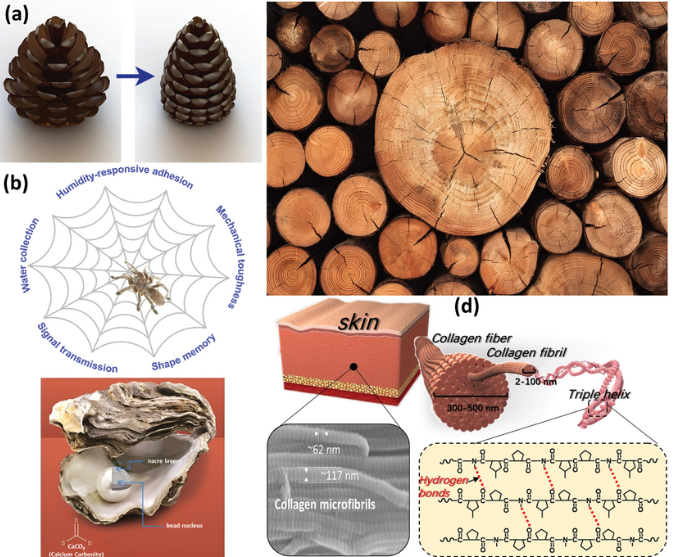Revolutionizing Energy Sector Supply Chains: NAMI's Investment in 3D Printing Technology
- Aniksha Kar
- Jul 19, 2024
- 2 min read

In a groundbreaking move aimed at transforming the energy sector in Saudi Arabia, National Additive Manufacturing & Innovation (NAMI) Company, a joint venture between 3D Systems and Saudi Arabian Industrial Investments Company Dussur, has recently acquired cutting-edge 3D printing technology from 3D Systems. This acquisition marks a significant step towards enhancing local production capabilities and streamlining supply chains for the Saudi Electricity Company (SEC).Strategic Partnership and GoalsNAMI's collaboration with SEC, the largest electrical energy producer in the Middle East and North Africa, focuses on leveraging 3D Systems’ advanced metal and polymer 3D printers. These include the DMP Factory 500, DMP Flex 350 Dual for metal printing, and the polymer SLS 380, tailored to produce precise, end-use components efficiently. The initiative aims to create a digital inventory of parts, minimizing production time, physical storage needs, and operational costs.Technology and InnovationThe adoption of 3D Systems' NoSupports 3D printing strategies, facilitated by Oqton’s 3DXpert software, enables NAMI to manufacture complex, high-performance energy components such as pump impellers, fuel burners, motor fans, and heat exchangers. This technology eliminates the need for support structures during printing, enhances surface quality, and ensures dimensional accuracy, thereby accelerating design cycles and unlocking new applications.Strategic Alignment with Vision 2030Established under Saudi Arabia’s Vision 2030 initiative, NAMI plays a crucial role in diversifying the economy away from oil dependence. This aligns with the National Industrial Development and Logistics Program (NIDLP) pillar, fostering localized additive manufacturing capabilities initially focused on defense, energy, and manufacturing sectors. By enhancing local production capabilities, Vision 2030 aims to strengthen sectors such as health, education, recreation, and tourism.Operational Advantages and Market ImpactMohammed Swaidan, CEO of NAMI, emphasizes the transformative impact of additive manufacturing on regional industries, highlighting its potential to drive significant cost efficiencies and operational improvements. The collaboration with SEC underscores NAMI’s commitment to enhancing supply chain reliability and supporting the energy sector’s growth amid increasing demand.Global Trends in Additive Manufacturing for Energy ApplicationsThe adoption of additive manufacturing is not limited to Saudi Arabia. Globally, companies like Upwing Energy are utilizing large-format metal 3D printers to optimize production timelines and quality in the energy sector. This includes the rapid production of critical components like the Subsurface Compressor System (SCS), demonstrating the technology’s capability to meet stringent industry requirements efficiently.Future OutlookLooking ahead, additive manufacturing continues to redefine supply chain dynamics in the energy sector worldwide. Initiatives like NAMI’s partnership with SEC and collaborations in other regions underscore the technology’s role in overcoming challenges related to aging infrastructure and legacy component procurement.In conclusion, NAMI’s strategic investment in 3D printing technology from 3D Systems not only reinforces its leadership in additive manufacturing within Saudi Arabia but also paves the way for sustainable growth and innovation in the energy sector. As the global landscape evolves, such partnerships exemplify the transformative power of technology in reshaping traditional industries towards greater efficiency and resilience.




Comments